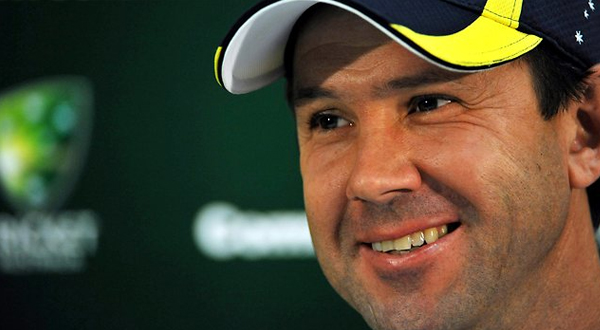By Naveed Ahmed Jatoi
Indian Prime Minister Narendra Modi, who is often considered a severe adversary of humanity, particularly due to his actions to appease Hindutva ideologies by openly sanctioning the killing of people from other religions, has recently begun to speak about humanity. Meanwhile, the International Human Rights Organization seems to focus primarily on violations occurring in Afghanistan, while India continues to witness alarming incidents that make humanity itself blush.
During a speech at the 75th anniversary of the Supreme Court in New Delhi, Modi stated that efforts would be made to eradicate rising crime rates, and emphasized the need for swift justice in cases involving women and children. He mentioned that there are numerous laws in place concerning the protection of women, but that crimes against women and child protection remain serious issues in society today.
This statement from Modi has raised eyebrows, given his track record. It begs the question: why is the man who is often seen as a butcher of humanity now suddenly concerned with human rights laws? Is this merely another political rhetoric? Political figures often make statements for their own benefit, and while this is a common practice, Modi’s statements seem incongruous with his past actions.
Modi needs to be reminded of the recent horrific incidents, such as the one in Manipur, which shook the world. Where was secularism during these events? Or the frequent appalling incidents involving women? Just recently, on August 9, a trainee female doctor associated with RG Kar Medical College in Kolkata was brutally raped and murdered. Her body was discovered in her room, and the post-mortem confirmed the sexual assault.
The reality seems to be that Modi has suddenly become concerned with human rights because of pressure from the United States. Notably, the U.S. has rejected Modi’s and Indian media’s narratives regarding the situation in Bangladesh. The Modi government is upset that American media has ignored the propaganda about attacks and discrimination against Hindus in Bangladesh. Indian media are also outraged that the U.S. has maintained a deliberate silence on alleged atrocities against Hindus in Bangladesh.
Since August 5, following the fall of Sheikh Hasina Wazed’s government in Bangladesh, Indian propaganda has worked tirelessly to tarnish Bangladesh’s international reputation. Indian media have tried to present Bangladesh under Sheikh Hasina as a model of prosperity, which they now claim has deteriorated, portraying the student movement as aimed at making life difficult for Hindus.
While Modi’s government has spoken about legal reforms for women’s protection, these reforms have had limited practical impact, and significant changes in the protection of women’s rights have yet to be seen.
These incidents in India highlight the urgent need for effective measures to address the growing issues facing women. Modi needs to move away from deceptive tactics and focus on strengthening the economy once again, as his government is perceived as a supportive administration. Every decision made will need to be reconsidered in light of the current situation.





